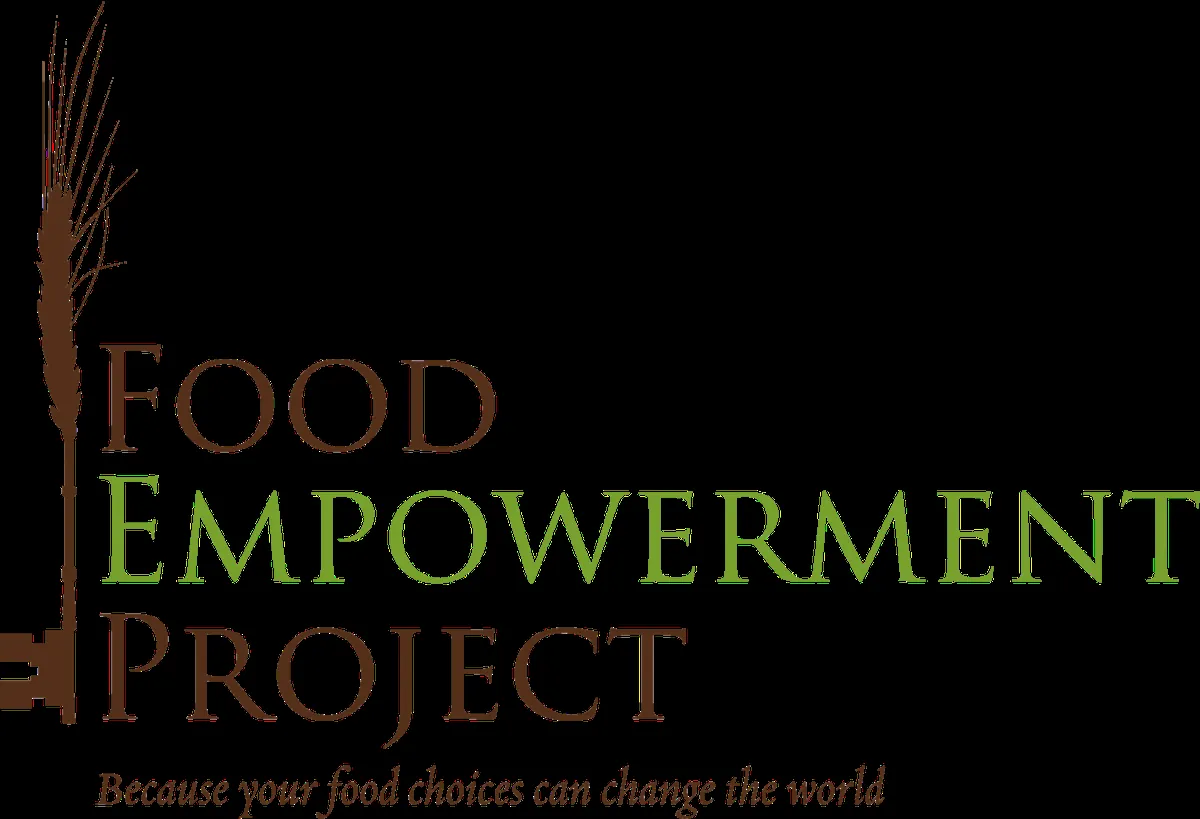In Cameroon, the world's fifth-largest cocoa producer, farmers are grappling with an unexpected consequence of rising global cocoa prices: increased theft of their valuable crop. This surge in criminal activity has forced farmers to adopt unconventional security measures, ranging from vigilante groups to traditional amulets.
The price hike, attributed to production shortfalls in top growers Ivory Coast and Ghana due to adverse weather and plant diseases, has made Cameroonian cocoa an attractive target for thieves. Unlike its West African counterparts, Cameroon's liberalized market allows farmers to benefit from higher market-related prices, sometimes tripling the season's floor price of 1,500 francs CFA ($2.56) per kilogram.
Pascal Mani, who cultivates seven hectares in Endaba village near Ntui, exemplifies the farmers' plight. He patrols his farm armed with a machete, constantly vigilant against potential intruders. "In the night, when I hear an unusual sound, I wake up," Mani explains, highlighting the sleep deprivation many farmers endure due to security concerns.
To combat this threat, some communities have formed vigilante groups. These groups, equipped with whistles, reflective jackets, and traditional weapons like bows and arrows, keep watch over the farms. In a more unorthodox approach, some farmers have resorted to planting amulets in their fields, hoping to deter or ensnare would-be thieves.
The cocoa industry's significance in Cameroon cannot be overstated. Introduced by German colonizers in 1886, cocoa has become the country's third-largest export after oil and timber, contributing about 15% to its GDP. The sector employs approximately 600,000 farmers, with the average farm size being about 2.5 hectares.
However, the rising thefts have led to tragic consequences. A senior police officer in Ntui reported that two cocoa farmers were killed last season by their employees who stole their beans. This escalation of violence has prompted authorities and buyers to implement stricter measures to secure the supply chain.
Marriette Embolo, who manages 14 hectares, supports the ban on selling non-dried cocoa in some areas. She recounts a personal encounter with a thief on her farm, underscoring the audacity of these criminals.
Cameroon's cocoa sector faces numerous challenges beyond theft. Climate change has led to irregular rainfall patterns, impacting yields. The industry also grapples with an aging farmer population and limited access to modern farming techniques. Despite these obstacles, the government has initiated programs to distribute improved cocoa seedlings to farmers.
The global cocoa market, valued at over $100 billion annually, provides livelihoods for an estimated 40-50 million people worldwide. Cocoa farming is a long-term investment, with trees capable of living up to 100 years, though peak production occurs between 25-30 years. Each tree produces about 30 pods annually, yielding 1-2 pounds of dried beans.
As Cameroon's cocoa farmers continue to navigate these turbulent times, the balance between maximizing profits and ensuring security remains a pressing concern. The situation highlights the complex interplay between global market forces and local realities in the cocoa industry.
"Prices have sometimes tripled from 1,500 francs CFA ($2.56) per kg, the floor price at the start of the 2023/24 season."
This price volatility underscores the need for sustainable solutions to protect both farmers and their crucial crop, ensuring the continued growth of Cameroon's cocoa sector in the face of evolving challenges.
